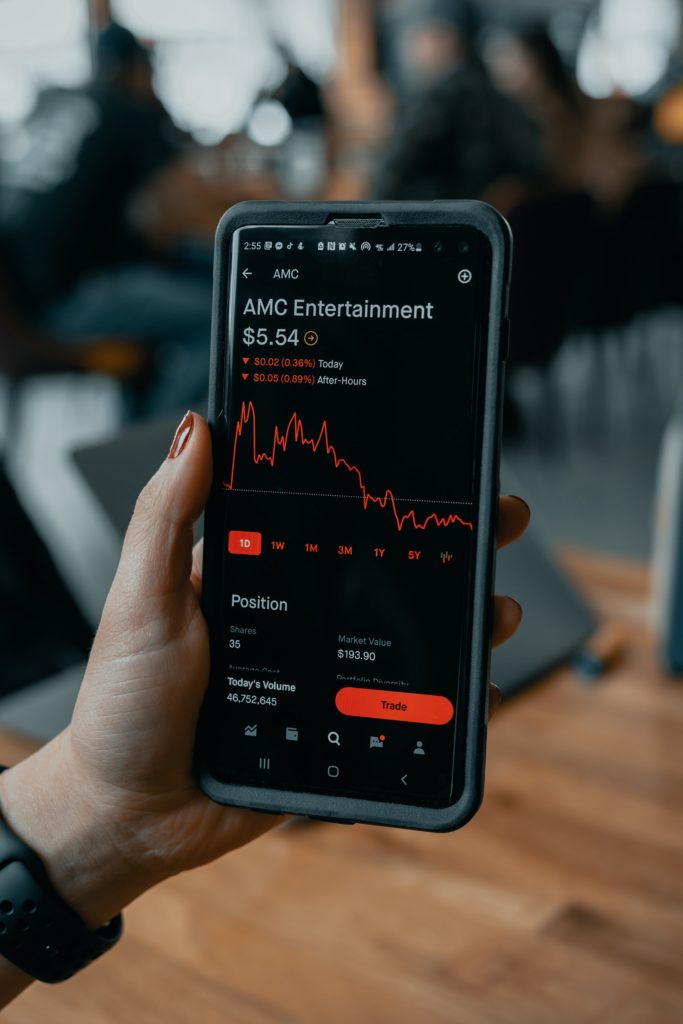If you are new to trading in forex, the good news is that – with plenty of research – you could find yourself in a very lucrative position sooner rather than later. However, as with all kinds of trading, forex is a complex beast. Regardless of the position you choose with forex, you’re going to want to make money.
Knowing when to close a position isn’t easy. In fact, some experts even suggest that buy and hold strategies in forex don’t work as effectively as many assume. While it is certainly worth considering looking into the most profitable forex pairs before opening an account, holding might not give you the profits you necessarily expect. Let’s take a closer look.
Post Contents
Holding in Forex – Is It Worth It?
There is a split of opinion – some suggest that holding on forex trades is pointless. This argument is because currency markets are wildly different to that of the stock exchange. For example, the slight changes in industry and consumer demand that occur from day to day will unlikely alter foreign currency values. At least, it’s unlikely to change for some time.

That said, those pro holding in forex trading will claim that doing so gives you immense control and flexibility. The less volatile nature of forex markets from day to day means that holding for months – or even years – gives traders the opportunity to plan without any need for panic. In a position where you are investing in cryptocurrency or stock, meanwhile, you could be forced into split decision making in the middle of the night.
Ergo, holding positions in forex really is an individual choice. There’s the potential for extensive profit, and you can effectively ‘forget’ about your investment for days at a time. However, exiting on a forex hold is never clear-cut, and as it’s a long game, it requires extensive patience.
When Should I Exit My Forex Position?
Now you’ve decided to hold – and are doing so – what happens next? That, again, is down to the individual trader. Selling on an open position in forex can be as quick or as slow as you demand it to be.
For example, consider the extreme long-term approach. Those holding onto open positions for the long game may do so in anticipation of major economic changes. For example, they may choose to bolster a growing economy against the USD for safety and wait for booms to emerge over the next few years. Yes – economic growth for an entire country takes time, and this could mean you are waiting for a strong exit position for several years to come.
Alternatively, there are traders who buy in and get out very quickly. Scalping is the shortest-term strategy in this regard. To scalp a trade, you are shortening the net from several years to the space of an hour, if not much shorter. This requires extreme scrutiny – if you are deeply involved in the economic movements of two given territories, you may have the intel to make a quick profit. However, set your window carefully. If the movement you’re expecting doesn’t arise in your short open position, you’re losing money.

Many traders, therefore, often choose to strike somewhere cleanly in the middle. Swing traders, for example, enjoy the drama of quick movements in the market, but are willing to wait, hawk-like, for the right time to strike. Much like scalpers, too, these traders are concerned with quick profits.
Therefore, exiting or relinquishing your hold in forex is determined by how you trade in the first instance. If you’re in the market for quick profits, then get in and out of the trade within the hour. If you want to see long-term growth – or even anticipate it – then feel free to open your position and hold for the time to come.
Conclusion
Holding trades in forex can seem alien to many seasoned market analysts. However, there are risks both in the long and the short-term profit strategies you’ll find online. Crucially, you need to establish your trading goals carefully, set your capital, and decide from there as to when you want to profit, and at the risk of how much.
Forex trading strategy can be a lot like fishing. Do you cast your line with the tastiest bait and wait for the bigger fish, or do you strike quickly to get the smaller, more active morsels? When do you pull your line out of the water? That – ultimately – is all down to you.






























